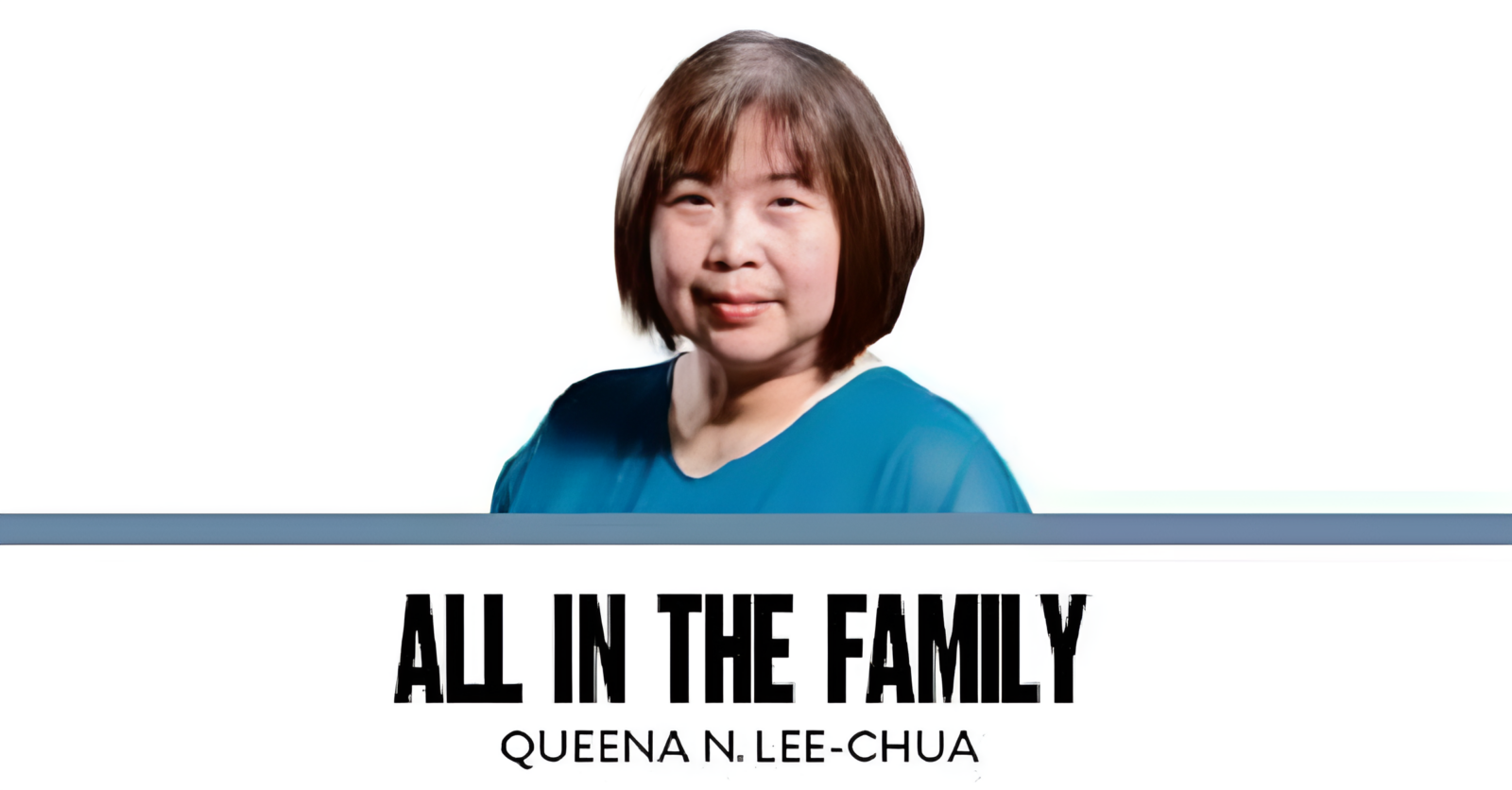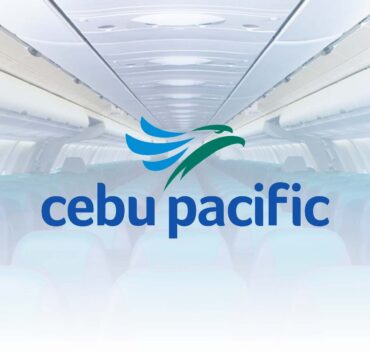Flying high

(First of two parts)
I did not plan to start an aviation school,” says Myra Ann Wee-Toe Hio, the head of the Asian International School of Aeronautics and Technology (Aisat) based in the Poblacion district in Davao City.
The building where the school is now housed used to belong to Myra’s grandparents, but upon their demise, it stood empty for quite a while. When a friend of Myra’s husband, a pilot, asked if he could set up an aviation school, “it was a no-brainer.”
After some years, circumstances spurred Myra and her husband to become involved in the school themselves—not only in business, but also in the technical aspect. There is a growing demand for quality aviation instruction, both local and international, which Aisat aims to address through world-class instructor training, updated facilities and materials and well-rounded education.
Myra knew little about flying—she majored in accounting at the University of British Columbia and pursued law at Ateneo de Manila University.
But the school was the answer to a longtime dream. “In primary and secondary school in Singapore, I would be teaching my classmates. I have always wanted to get involved in a school because I like teaching.”
Incorporated on Nov. 11, 2011 (“It is easy to celebrate our foundation day,” Myra says), Aisat at first only offered two-year technical degrees, mainly in aircraft maintenance, overseen by the Civil Aviation Authority of the Philippines (Caap). Graduates can become airplane technicians, sheet metal specialists and cabin mechanics, among various options.
Most importantly, the course load should be sufficient preparation for degree holders to go for their professional airframe mechanic license.
However, there was so much demand from students for what they deemed to be proper four-year bachelor’s degrees that soon the school decided to seek official recognition from the Commission on Higher Education (CHEd).
I tell Myra that as an educator, I have experienced firsthand that accreditation of subjects, courses and majors is no easy task. Having also served as a CHEd quality assurance specialist, I know that aside from the nitty-gritty requirements and voluminous paperwork that institutions need to complete, there should also be sufficient experts in the field who can offer useful and practical recommendations.
This last point posed an additional dilemma for Aisat. Because there are extremely few four-year colleges that are centered on aviation in the country, at that time, there were no fixed templates yet for the courses that Aisat wanted to offer. Experts from the regular colleges were also hard to come by.
Undaunted, Myra and her team did what they had to do: they blazed the trail. They instituted general education courses that CHEd deemed mandatory and worked with Caap to ensure that the aviation subjects were up to par.
It took a lot of time and ingenuity and it’s a wonder you did not give up, I tell Myra.
“The number one reason is because I did not know it was going to be so tough!” she laughs. But the effort was worth it. Today, Aisat offers four Bachelor of Science degrees: aircraft maintenance, aviation electronics (avionics) technology, aviation management (major in airline operations), and most recently, entertainment and multimedia computing (major in digital animation).
Avionics focuses on maintenance and troubleshooting of electronic systems on board aircraft, such as wiring, antennas, radios, autopilots, navigation, passenger entertainment systems, etc.
Aviation management is a specialized area of the usual business administration offered in other schools but includes airline marketing, airport management, flight operations, corporate planning, aviation security, etc., so that graduates can work in airlines, airports, tourism and freight, among others.
Animation technologies span broadcast, web and mobile platforms, where 2D and 3D techniques enable students to become technical directors, animators and programmers.
Moreover, Aisat also offers an enticing partnership with its flight training school, where students acquire actual experience in the world of aviation.
(To be continued)
Visit Aisat at aisat.edu.ph. Enrollment is ongoing.
Queena N. Lee-Chua is with the board of directors of Ateneo’s Family Business Center. Get her book “All in the Family Business” at Lazada or Shopee, or the ebook version at Amazon, Google Play, Apple iBooks. Contact the author at blessbook.chua@gmail.com.


















